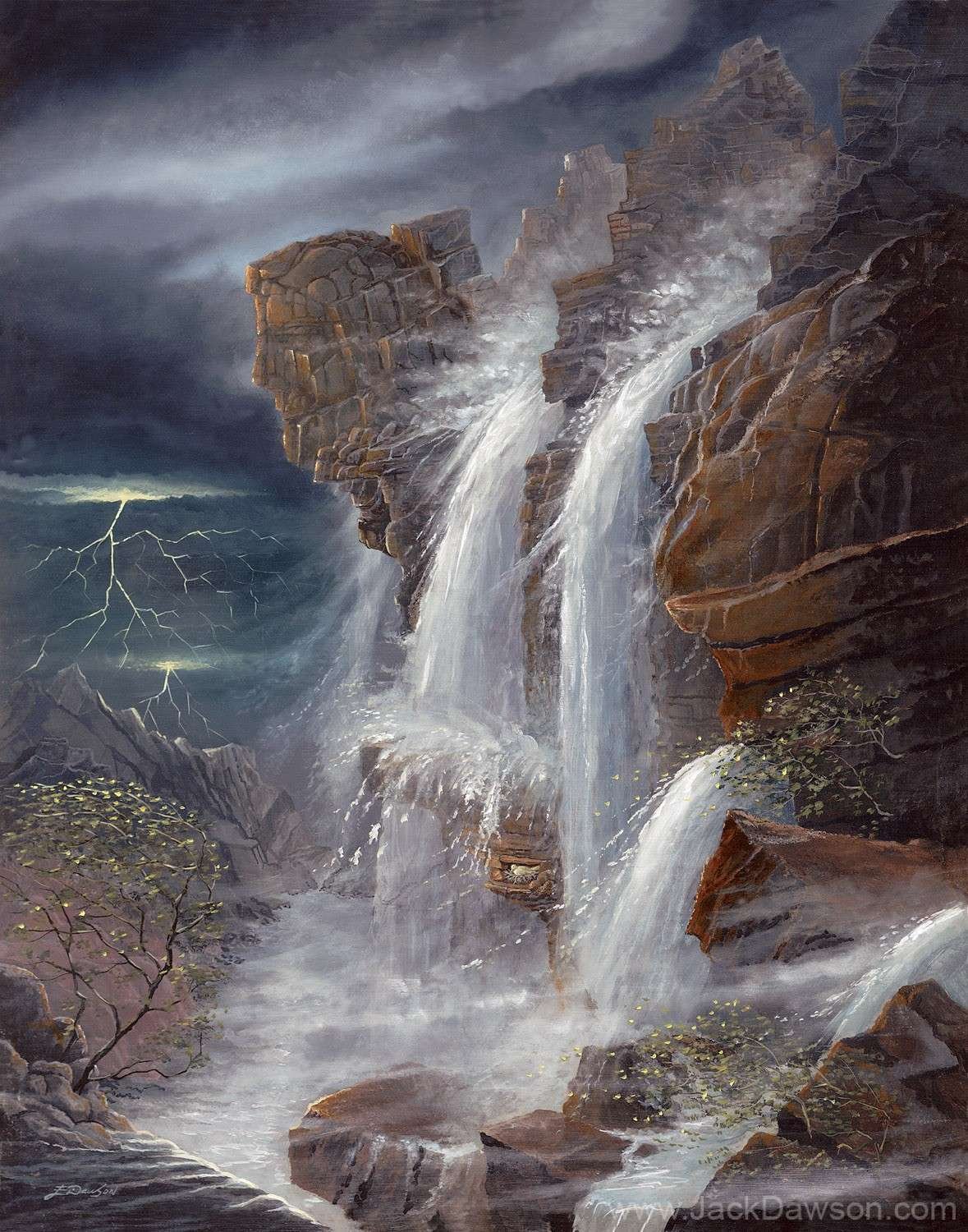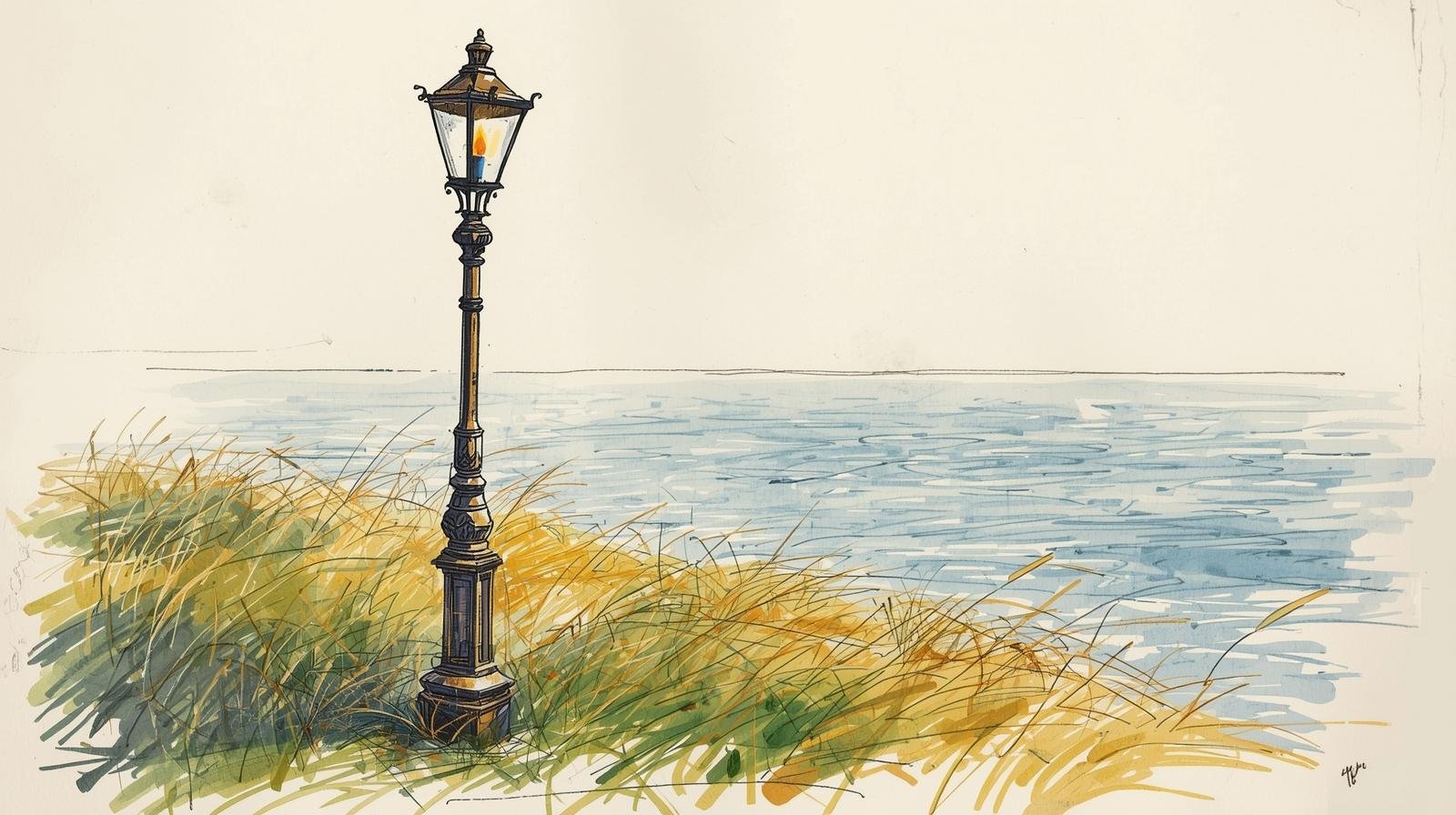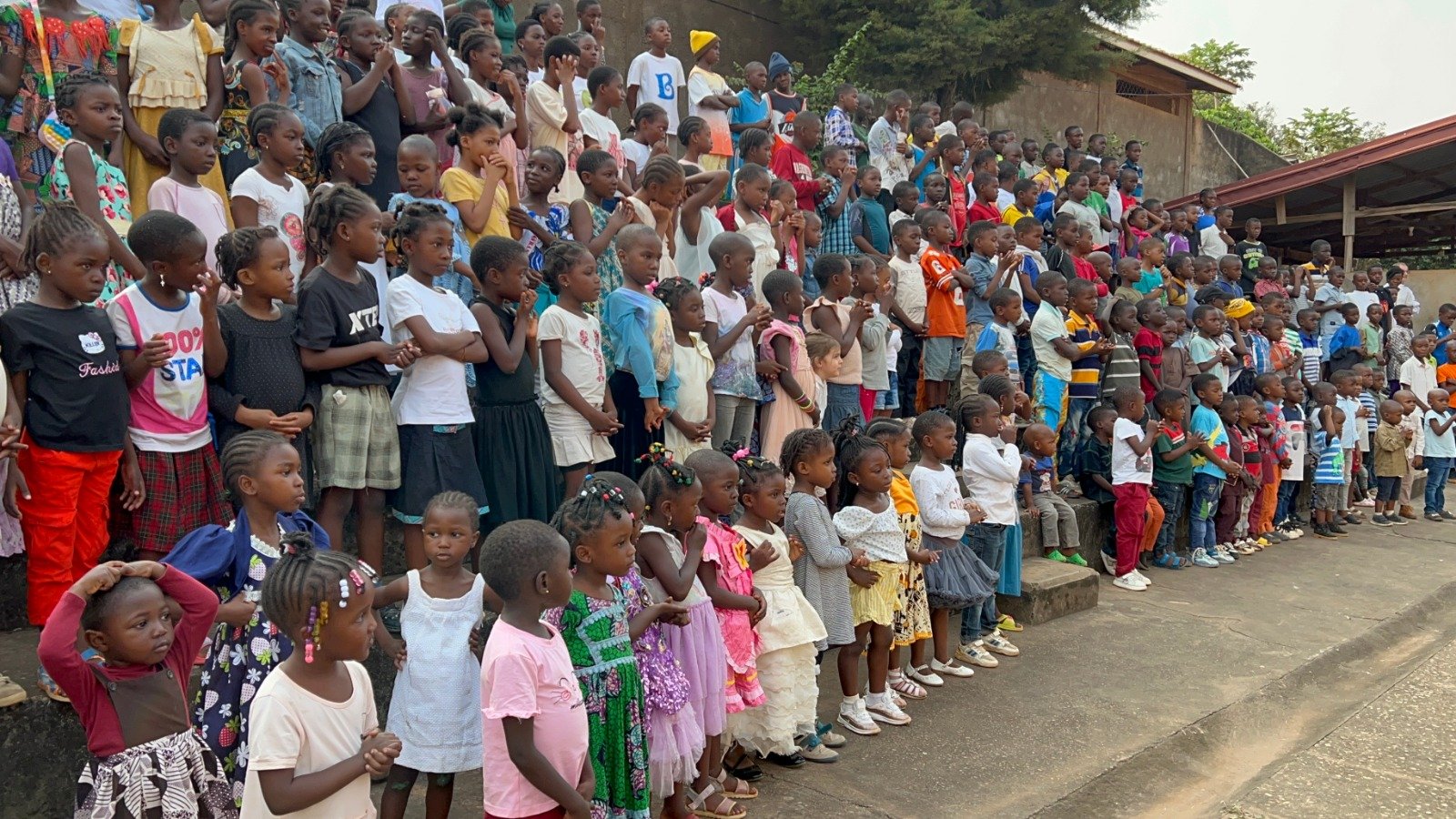
by Luis CASASUS , General Superior of the men’s branch of the Idente missionaries.
New York, April 19, 2020. | Second Sunday of Easter (Divine Mercy Sunday).
Acts of the Apostles 2: 42-47; First Letter of Peter 1: 3-9; Saint John 20: 19-31.
In the midst of this terrible coronavirus pandemic, with quarantine measures and home confinements, we see in the Gospel Christ’s visit to a community that is self-enclosed because of fear and we also see the immediate contagion of peace produced by the presence of Christ and his words: Peace be with you.
Contrary to what one sees depicted in the paintings of the artists, from the text it does not appear that Thomas has put his hands into the wounds of Jesus. He pronounced his profession of faith after hearing the voice of the Risen One, along with his brothers and sisters of the community.
But what is clear is that the desire for peace expressed by Christ was fully fulfilled and the fearful disciples were quickly enveloped in courage and wisdom. What exactly is the peace of Christ? Certainly more than the absence of drawbacks and anxiety.
There is a story of a king who hired painters to paint a picture of peace and tranquility. Each artist painted his masterpiece, depicting peace as he perceived it. One drew a calm ocean with palm trees and gulls. The next portrayed rolling green fields and apple orchards. Each put his all into the work. The day arrived to show their work to the king. One by one, he studied the paintings long and hard. And one by one, he rejected them. In his opinion, none expressed true peace and tranquility.
Finally, he stood in front of the last painting. The colors were dark and depressing. A gray sky hung over dark, menacing trees in a forest. Lightning forked through the air threateningly. A powerful waterfall crashed over treacherous rocks, and vultures circled overhead. Leaning forward, the king noticed a small little bush sticking out from behind the waterfall. Sheltered between its branches, was a bird’s nest, and within the nest, a family of birds; sleeping. This is my picture! announced the king.
Life is never a calm sea without waves or wind. There are no lush green fields without snakes and hidden rocks. Life is a challenge. The vultures soar around us and the sky is often dark. Inner peace has to be found within.
Many of you know the adventure novel The Count of Monte Cristo (Alexandre Dumas, 1844). On the day of his wedding, the protagonist, Edmond Dantès is incorrectly accused of treason, arrested, and imprisoned without trial in the Château d’If, a grim island fortress off Marseille. An Italian priest and fellow prisoner, Abbé Faria, correctly deduces that his jealous rivals had falsely accused him. Shortly before dying, Faria inspires his escape and guides him to a fortune in treasure.
Each morning when his gruel bucket would be tossed through the door of his cell, Father Faria would say, Thank you. The guards only know he’s dead when, for the first time in 12 years, they don’t hear him say Thank you.
Can you imagine being grateful in a place like that prison? Every time the old priest was offered the thin gruel that kept him barely alive, he would express gratitude. He had been unjustly imprisoned, beaten, and mistreated, and his spirit lived in peace only by pure, active gratitude. In the First Reading today, we have a splendid example of active gratitude: All who believed were together and had all things in common; they would sell their property and possessions and divide them among all according to each one’s need (…) They ate their meals with exultation and sincerity of heart, praising God.
Many centuries later, based on her own experience Mother Teresa of Calcutta said that if we have no peace, it is because we have forgotten that we belong to each other. That would at least lead us to say other people Thank you when they do something kind for us, no matter how small the deed.
The 13th-century German mystic Meister Eckhart once said that if the only prayer you ever say in your entire life is thank you… it will be enough. We can truly turn gratitude into a continuous prayer, a spiritual way of life.
The first gift of the Risen Lord is peace. And this peace comes essentially from the forgiveness of sins. It was important for Christ to assure the disciples twice of His forgiveness because they betrayed Him and abandoned Him. This was also an important lesson for the early Christians as some of them had previously betrayed Him too, having taken part in the condemnation of Christ and even in the proceedings of the Sanhedrin. They too needed to be affirmed of Christ’s forgiveness. Otherwise, they could never forgive themselves for what they did to the Lord.
We all have this experience. True forgiveness relieves us, not only because we are saved from punishment, but because we feel welcomed – not rejected – in the community. That is why the allegory of forgiveness is an embrace, like the Father’s embrace of the prodigal son. This explains why Jesus, after His resurrection, empowered the apostles to remit sin. The soul will have no lasting peace unless he or she feels that God has forgiven him or her.
In fact, we need mercy to build a true community. This is why the second Sunday of Easter we focus on Divine Mercy. Mercy is more than compassion by caring for the poor and the hungry. Mercy means compassion and forgiveness for those who fail in Christian charity, honesty and integrity. This was what Jesus did upon His resurrection. The disciples were hiding in shame of Jesus and in fear of their enemies. But Jesus came to bring them out of their fears by extending His forgiveness and offering them the gift of peace.
This is also what we see reflected in today’s First Reading. where Peter congratulates the newly baptized. This text was composed at a difficult time for the Christian community, because the baptized were offended, discriminated against, unjustly convicted in the courts. They had not personally met Jesus of Nazareth, but they believe the witnesses of the Risen One and meet Him, like us, in the celebration of the Word and the breaking of the bread. This is the value and strength of shared testimony in the community.
It is frequently said that when we forgive we find peace, not just peace with fellow humans but inner peace as well. But the effects of Christ’s peace are even more profound and immediate: they make us lose our fear, set us on the road to mission and unite us to the community and the Church. These three signs are never lacking in those who have received the peace of Christ. Consider, for example, the obedient and evangelizing attitude of our Father and Founder when, while still a novice, he began to understand the special mission which was reserved for him.
Thomas believed not because He saw the Risen Lord but he was overwhelmed by Christ’s love for him through the wounds that He suffered for them. He was overcome more by God’s mercy and love than the sight of Jesus.
An elementary psychological observation is that a person (for example a child) who is not at peace, who experiences some form of anxiety, anger or fear, is not able to listen or learn. Like the apostles, gathered behind closed doors, we are fearful. When there is fear, there is no peace. Where there is fear, no knowledge and love is possible. Especially, we fear death in its many forms: the death of our health, of our fame, of our power. The following story illustrates how fear of losing our reputation closes our eyes, our reason and our heart.
Everyone knows that lions are very prideful. One day the lion being filled with pride wanted everyone to recognize his superiority. He was so confident that he by-passed the smaller animals and went straight to the panther: Who is the king of the jungle? the lion pride fully asked. The panther replied, Why you are, of course. The lion gave a mighty roar of approval. Next, he asked the tiger, Who is the king of the jungle? The tiger quickly responded, Everyone knows that you are, mighty lion.
Next on the list was the elephant. The lion fully faced the elephant and addressed his question, Who is the king of the jungle?
At first, the elephant ignored him. So the lion roared, Who is the king of the jungle? The elephant immediately grabbed the lion with his trunk, whirled him around in the air six times and slammed him into a tree. Then he pounded him onto the ground several times, dunked him under water in a nearby lake, and finally dumped him out on the shore.
The animals watched as the lion stood before the elephant and waited to see what his reaction would be. He looked at the elephant and whined, Look, just because you don’t know the answer it is no reason to get like that about it!
Christ already said that the peace he brings us cannot is a peace the world cannot give. Let us look at three examples of the sublime effects of such peace.
* Nicholas Ridley (1500-1555) was an Anglican bishop, who died a martyr, a victim of the political intrigues of his time. On the eve of the execution, his brother offered to stay with him in the prison to be of comfort. Ridley declined, saying that he planned to sleep as soundly as usual, because he knew the peace of Jesus, he could rest in his Lord.
* In the World War I, a wounded soldier was being taken to a hospital tent by some of his comrades. After they had carried him but a short distance, he urged them to put him down and go back to rescue someone else. As he was mortally wounded, he knew there was no hope for him anyway. Granting his request, they left him and returned to the combat area. In a few minutes, however, an officer stopped to ask him whether he could assist him in any way. The wounded soldier weakly replied, No, thank you, sir. There’s nothing at all you can do.
But can’t I at least get some water to quench your thirst? the officer inquired. The dying man again shook his head saying: No, thank you, sir. There is one thing, however, you could do for me. In my knapsack you will find a New Testament. I would appreciate it if you would read just that one verse to me, John 14: 27.
The officer found the passage and read these words, Peace I leave with you; my peace I give you. I do not give to you as the world gives. Do not let your hearts be troubled and do not be afraid. The dying soldier said, Thank you, sir. I have that peace and I am going to the Savior who made that promise. God is with me; I want no more. Shortly after that, he entered into the presence of God. Because he had Christ, he had peace with God, and since he had learned to commit everything to His care, he also had the peace of God.
* When Paul sent his letter to the church at Philippi, he was in prison. Most of the time in the ancient world, people were not kept in jail for long. Rather than used as punishment, jail was where you awaited punishment, which typically involved torture or execution. Paul writes Philippians in the middle of the misery of uncertainty. Paul exhorts them to be actively grateful for the presence of God with them now, and for the life that is theirs in the world to come. He was at peace, completely centered on Christ. He commends that mindset, that way of being, to the Philippian Christians:
Rejoice in the Lord always. I will say it again: Rejoice! Let your gentleness be evident to all. The Lord is near (Phil 4; 4-5). He repeats the word rejoice multiple times in this letter. May the Easter inspire us to faithfully practice active gratitude.
Unless we have encountered His divine mercy, we cannot show mercy the way He showed us. A Christian who cannot forgive has not yet been forgiven by Christ because it means he has rejected the forgiveness of Christ paid by His innocent blood on the cross. Likewise, the early Christians could exercise mercy because they were moved by God’s mercy. We too who have received the gift of faith in Christ as the divine mercy of God are now called to do likewise. We are called to be ambassadors of His mercy and agents of reconciliation.
head image source: jackdawson.com












